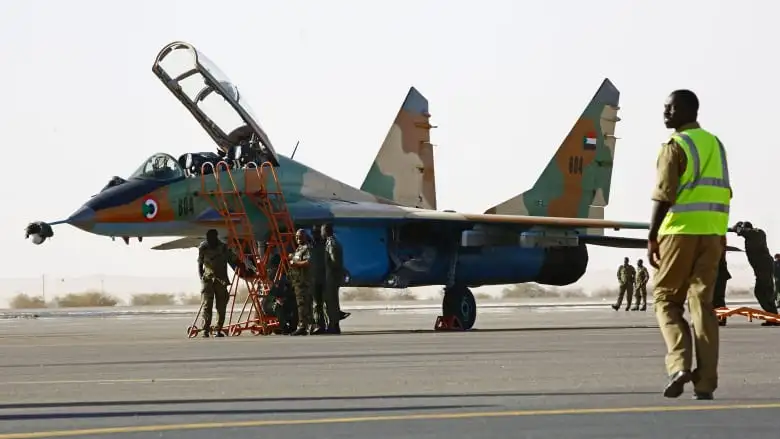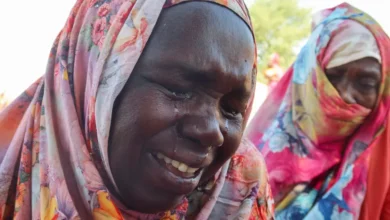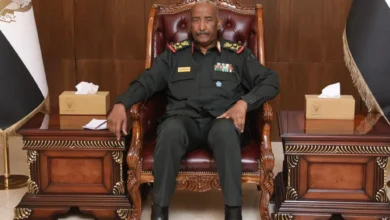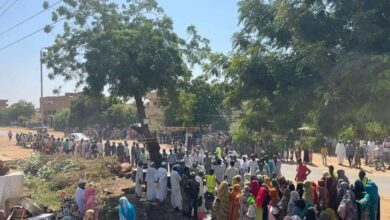Airstrikes in Khartoum today as fighting continues in various areas

Fighting and mutual artillery shelling between the two sides in the capital Khartoum renewed today, during which there were strong explosions in and around the Army’s General Command.
According to press sources in Khartoum, the Sudanese army targeted rapid support sites at the gate of the Jili oil refinery north of Khartoum, which has been controlled by support for months amid indiscriminate shelling in the capital and violent land battles in Omdurman.
Around the field situation in the capital, Khartoum, there is an army raid this morning near the area of 60th Street by drones on positions of the Rapid Support Forces (RSF), indicating that the movement of drones is very active this morning.
Since the outbreak of fighting in Khartoum and the western region of Darfur, some 7,500 people, including at least 435 children according to the non-governmental organization Aclid and the United Nations, have been killed in a tally likely to be significantly lower than the actual casualties of the conflict.
In another context about the nature of the fighting and the shift of the escalation of “rapid support” towards the General Command of the Army, Professor of Security and Strategic Studies Osama Aidarous explained that this current escalation and its predecessors around the armoured weapon do not represent a shift on the battlefield, as much as further attrition to the “rapid support” forces.
Aidaros explained that the battlefield has undergone a transformation since July 4, after the “Rapid Support” forces realized that their large deployment in neighbourhoods and citizens’ homes throughout Khartoum State had become an obstacle to their strategy of dismay, dispersing their forces and weakening their ability to capture any military zone in Khartoum.
The Professor of Security Studies noted that the military strategy of “rapid support” has effectively shifted to defence and the manufacture of tight fisheries (ambushes) in residential neighbourhoods to hinder the military’s progress, pointing out that military operations in Khartoum were almost completely halted from July 4 to August 19, the date of the start of the attack on armored women.
“The armed forces’ lack of progress and reliance on special action appears to have encouraged (rapid support) to venture after the arrival of in-kind support of troops and SUVs coming from Libya. The attack on armoured women continued for seven full days in suicide attacks, some of which reached the armour fence with little more death and attrition in the ranks (rapid support).”
The Professor of Security Studies explained that “rapid support” had shifted from attacking the armoured weapon to the General Command of the Army in central Khartoum, but that it was unsuccessful and the same amount of casualties. Both objectives represented similar theatres relative to the presence of heavy troops in both southern Khartoum and eastern Nile.
“But with the near closure of the Shambat Bridge between Khartoum Bahri and Omdurman, the expectation is that battles will return to Omdurman in an attempt to bring down the engineer corps south of the city or reach the Sedna Valley base in the north before the decisive movement of the army.”
The war was triggered by a power dispute between army commander General Abdel Fattah al-Burhan and the commander of the Rapid Support Forces (RSF), of which Lieutenant General Mohamed Hamdan Dagalo was deputy.
So far, all diplomatic efforts by several parties, including the United States, have failed to stop the fighting.





